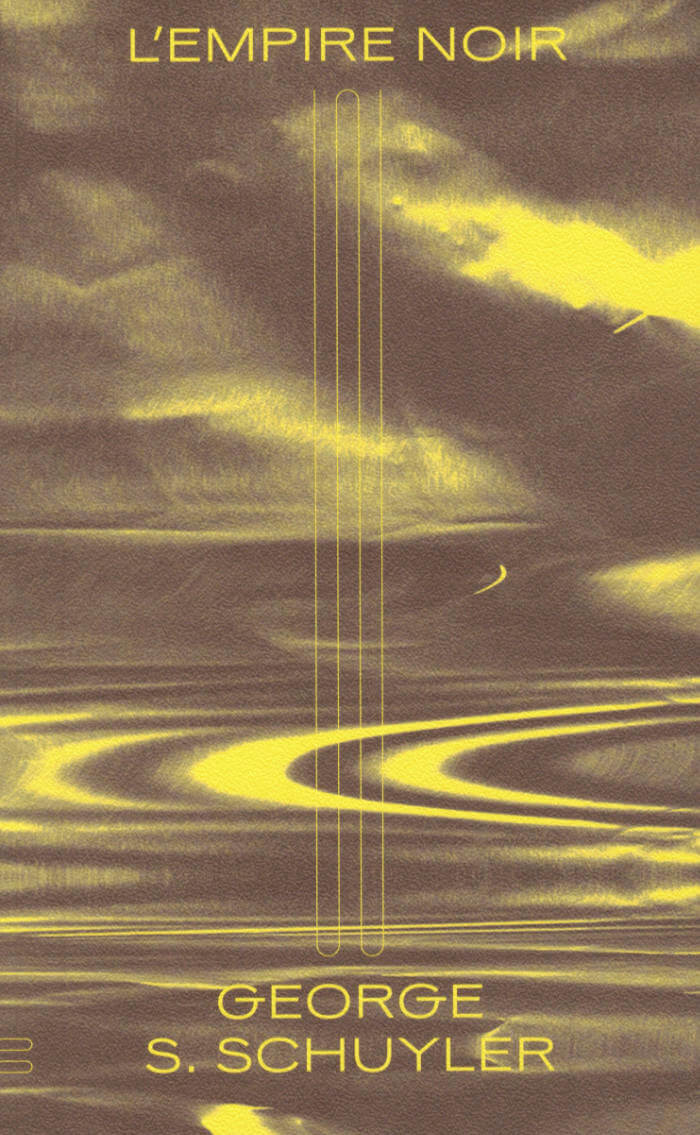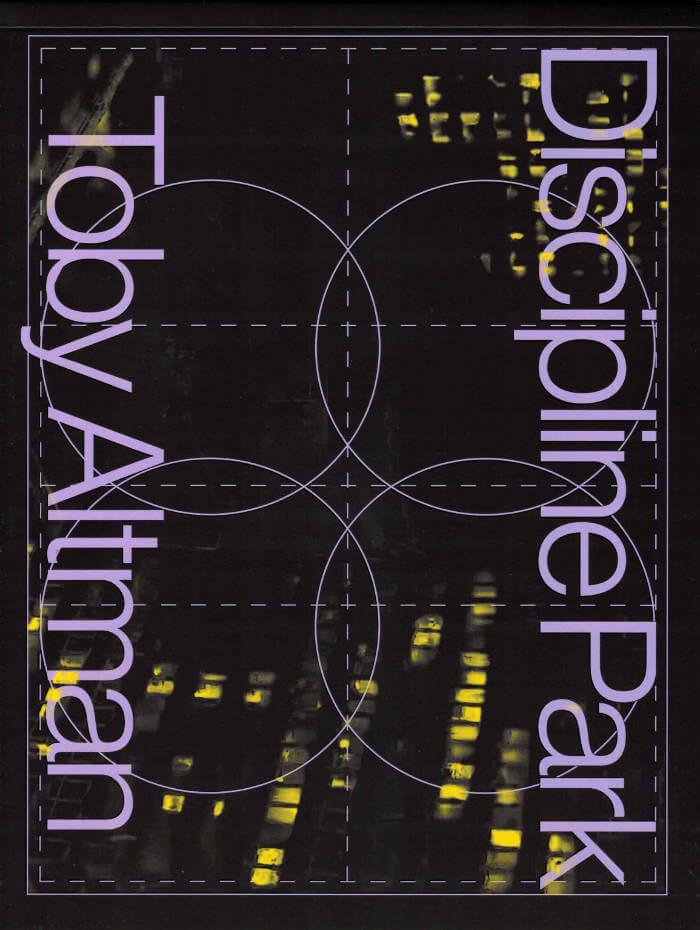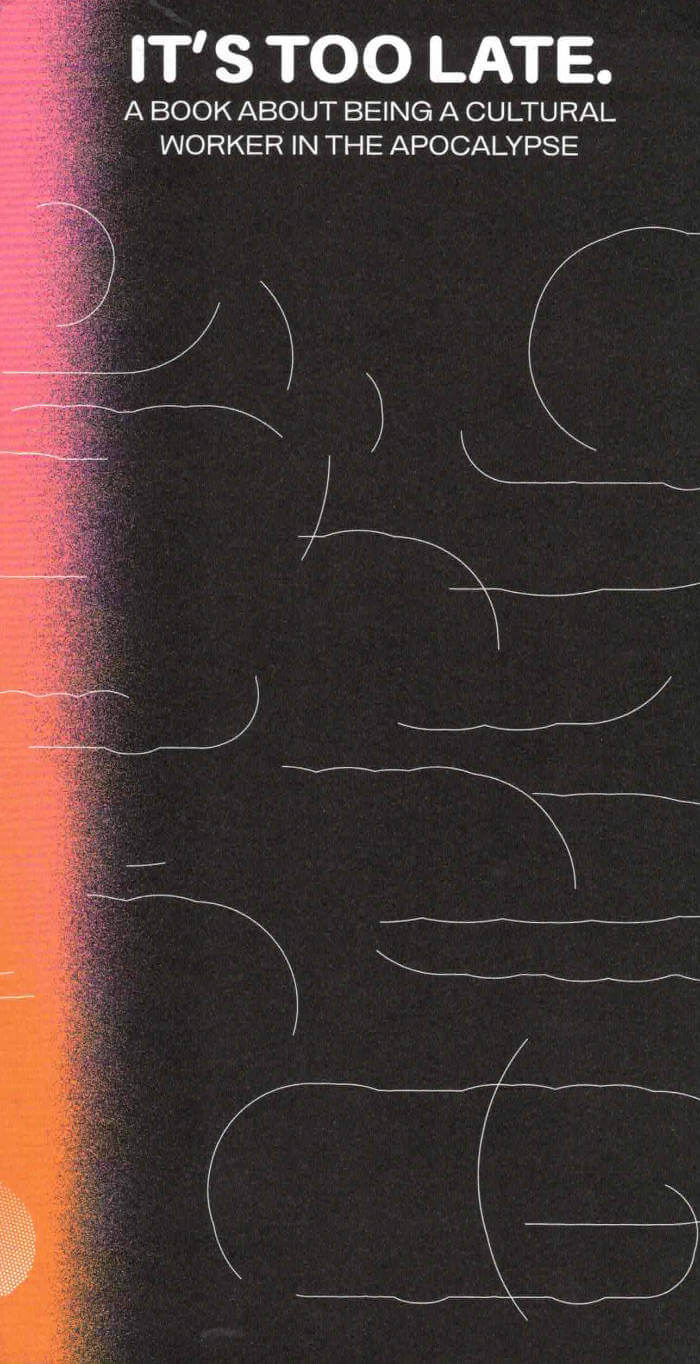
Histoire de la séparation
Pour les révolutionnaires des deux derniers siècles, l’accumulation du capital devait unifier la classe ouvrière sous la bannière du sujet révolutionnaire. Le mouvement ainsi né était appelé à renverser la société de classes et les clivages divisant les prolétaires. Mais le mouvement de la valeur a finalement triomphé, pour donner naissance à la société de la séparation. L’atomisation a pris le pas sur les puissances du rassemblement. La civilisation du capital traverse aujourd’hui une crise sans fin, mais les forces capables de la défaire brillent par leur absence.
Ces textes tirés de la revue Endnotes, réunis pour la première fois en français, dessinent la carte d’un présent ponctué de paysages désindustrialisés, de centres logistiques et de bidonvilles où s’entassent les populations rejetées aux marges de l’accumulation – autant de coordonnées nécessaires pour continuer à penser le dépassement du capitalisme : une fois encore, reprendre le chantier de l’hypothèse communiste.
Endnotes est une revue théorique communiste produite par un groupe de discussion du même nom basé en Grande-Bretagne et aux États-Unis.
Traduction: Pablo Arnaud
Préface: Aaron Benanav Et John Clegg







